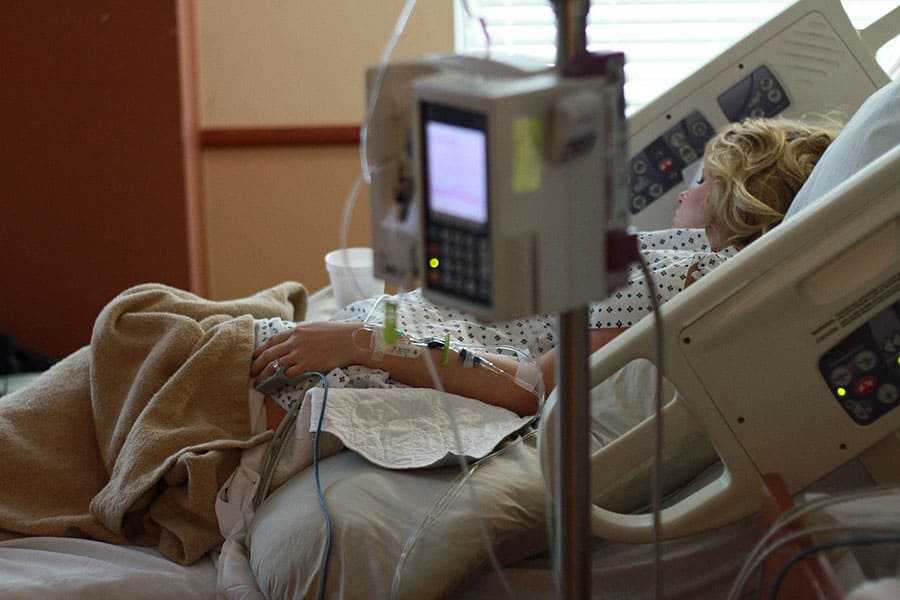ADASS calls on government to increase funding to make effective post-discharge care a reality

The Association of Directors of Adult Social Services (ADASS) has welcomed the British Red Cross and Healthwatch England report on hospital discharges, but is calling on the UK Government to increase funding beyond infection control to support more effective post-discharge care.
The report unveils that significant numbers of people are not receiving follow-up support or appropriate mobility equipment after being discharged from hospital under the new ‘discharge to assess’ policy.
This hospital discharge operating model was implemented by the UK Government during the peak of the COVID-19 pandemic in March 2020. It aimed to help hospitals free up 15,000 beds and cope with demand.
The model was also backed by £1.3 billion in NHS funding, which aimed to enhance the NHS discharge process so patients who no longer need urgent treatment can return home safely and quickly.
However, Healthwatch England and the British Red Cross’ survey found that 82 percent of respondents did not receive a follow-up visit and assessment at home and almost 20 percent of these reported an unmet care need.
Drawing on these findings, the two organisations recommend that health and social care services implement post-discharge check-ins and assessments to ensure people are offered follow-up support soon after discharge, whether by phone or face-to-face.
ADASS has welcomed the Healthwatch England and the British Red Cross report and their subsequent recommendations, but is calling on the UK Government to learn the lessons of the report to avoid repeating mistakes this winter.
Responding to the report, Julie Ogley, ADASS Immediate Past President, said: “We very much welcome the Healthwatch’s report and recommendations. As always, their reports provide invaluable lessons from the point of view and experiences of people needing care and health services.
“In the last six months, health and social care staff have been under enormous pressure, working incredibly hard to meet significantly increased needs. We were and are aware of the many challenges and opportunities presented by the hospital discharge guidance.
“We are particularly concerned that follow-up calls and assessments have not always happened, or good information and advice weren’t readily available. At times, it required greater staffing support across social and community services that were simply not available.
“If we are going to avoid repeating those mistakes this winter, we must learn the lessons of this report. The government must increase funding beyond infection control, to allow us to properly remunerate and expand our committed and valued workforce, and to make effective post-discharge care a reality.”

